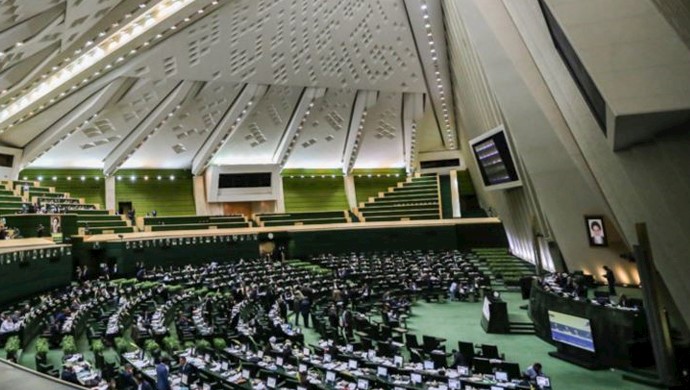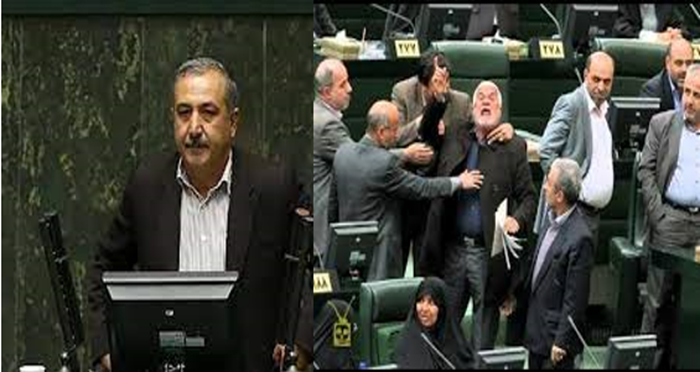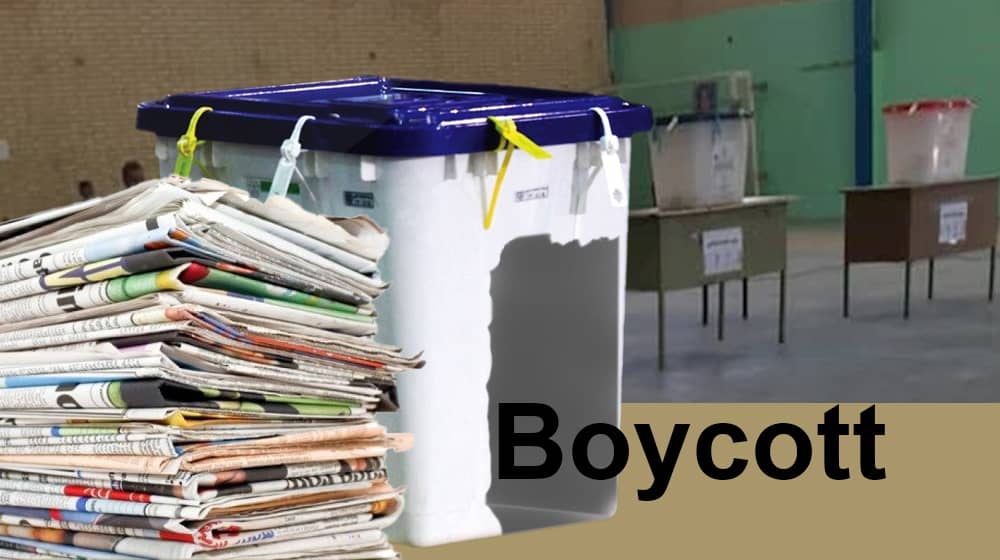
The regime’s own newspaper, Ham-Mihan, expressed shock in its January 7 publication over the disqualification of Seyyed Mahmoud Alavi, the former Minister of Intelligence. The question posed by the newspaper is poignant: How is a high-ranking official, once pivotal in overseeing candidate qualifications, now barred from participating in the elections?
The sweeping disqualifications were announced on January 4 by the Guardian Council’s spokesperson. Notably, 26 members of the current Majlis (parliament) and other significant regime figures were barred, signaling a clear intention to align the parliament strictly under the vision of Supreme Leader Ali Khamenei.
Ahmad Alireza Bigi, a disqualified member of Majlis, expressed his bewilderment to the state-run Arman-e Emrooz Daily on January 7. With his extensive background in law enforcement, judiciary, and governance, Bigi’s exclusion raises questions about the criteria for disqualification and his loyalty to the Islamic Republic.

Further controversy surrounds the Sunni representation in the Majlis, Jalal Mahmoud Zadeh, pointed out that over 40% of Sunni representatives have been rejected, including himself, a three-term member and leader of the Sunni faction in Majlis. Zadeh’s disqualification, allegedly due to non-compliance with Islam, highlights the sectarian biases and political maneuvering within the qualification process.
The government’s heavy hand in these disqualifications was evident in a revealing statement by Zadeh. He attributed his disqualification to his outspokenness during protests, including his opposition to government ministers. This suggests a direct link between political dissent and electoral exclusion.
Meanwhile, President Ebrahim Raisi’s attempt to rally support for the elections has faltered. His meeting with 50 regime loyalists on January 2 was labeled a mere show by participants, and the regime’s television refrained from broadcasting it, indicating a lack of confidence in public reception.

Khamenei has made multiple appeals, emphasizing the duty of voting and threatening those opposing the elections. His statements, however, seem to clash with the public sentiment.
The people of Iran have voiced their disapproval through nationwide protests, chanting slogans against Khamenei, Raisi, and the regime. Their demands are clear: regime change and the establishment of a democratic republic where their voices truly matter. In the face of such dissent, the upcoming elections seem less about choice and more about the regime’s desperate grasp on power.

MEK Iran (follow us on Twitter and Facebook), Maryam Rajavi’s on her site, Twitter & Facebook, NCRI (Twitter & Facebook), and People’s Mojahedin Organization of Iran – MEK IRAN – YouTu







